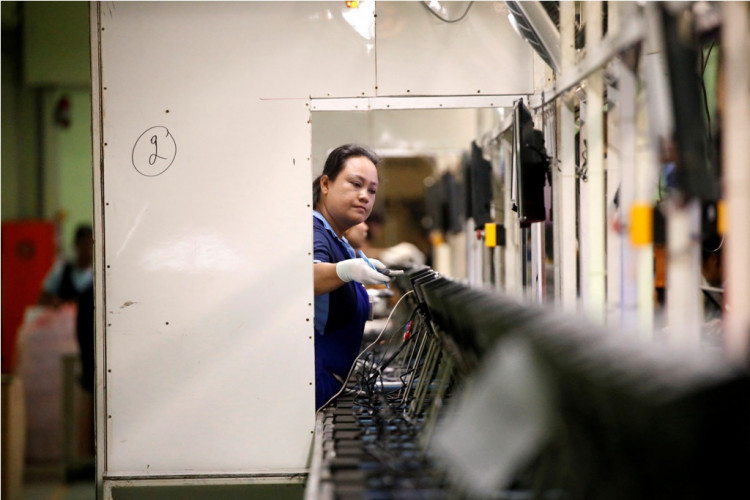Thailand's costs of living have been hiking over the past few years as the economy tries to survive. However, the country still has a minimum wage that some experts believe may no longer be applicable in the current status that Thai citizens have. They are now calling for a living wage.
In an op-ed for the Bangkok Post on Tuesday, Principal of talent analytics firm AAI-Assessment Asia Co., Ltd., Thomas Payne, referred to the living wage as the kind of salary that can support the basic needs of a worker and his family.
Basically, experts said the living wage should cover transport, food, shelter, basic utilities, childcare, and all other immediate needs - assuming that a particular Thai employee is working 40 hours on a weekly basis and has no other source of income than his job.
Payne noted in his write-up that many workers in Thailand have no choice but to make ends meet with the minimum wage - an amount that is behind the current standard of living in the country.
He also pointed out that while the cost of living in Thailand continues to increase every year, the minimum wage does not. Payne it is the right time to scrap the minimum wage and move on to possibly implementing a living wage.
MIT's Living Wage Project's Dr. Amy Glasmeier said the Living Wage Calculator (LWC) can help make the right computations regarding the amount a minimum wage worker needs to support his family or himself.
Glasmeier explained that many people in Thailand now understand that the country's existing wages system will not work for the following years. She urged the Thai government to ensure that its citizens will not sink into debt while living their lives.
Payne recommended that the government should look into ways to integrate a living wage into the current salary system of Thailand. Glasmeier added that companies should receive proper education on how to implement the living wage "as a fixed cost" to help their employees cover living costs.
Earlier this month, Thai Labor Minister Chatumongol Sonakul said the slowing economy can hamper the government's promise of hiking the minimum wage, Bloomberg reported.
Chatumongol explained that Thailand's current economic struggles make it difficult for the ministry to fulfill a wage increase. While Chatumongol acknowledged that the country needs to hike its minimum wage for improved outlooks, contracting economic figures are hampering plans to do so.
Glasmeier said companies that are being pressured by economic woes can be assisted by the government to work around their salary budgeting systems.





